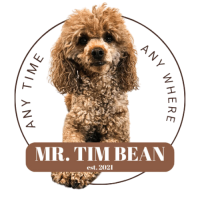Poodle Care
- Grooming: Tips and best practices for keeping a mini poodle well-groomed.
- Health & Wellness: Information on common health issues and how to keep a mini poodle healthy.
- Diet & Nutrition: Advice on the best foods and nutritional supplements.
Poodle Care Tips for Health, Grooming, and Nutrition
Mini poodles are charming, intelligent, and loyal companions that bring immense joy to their owners. But keeping them healthy and well-groomed requires effort and dedication. This blog will explore essential tips on grooming, health and wellness, and nutrition to ensure your mini poodle stays fluffy and fabulous.
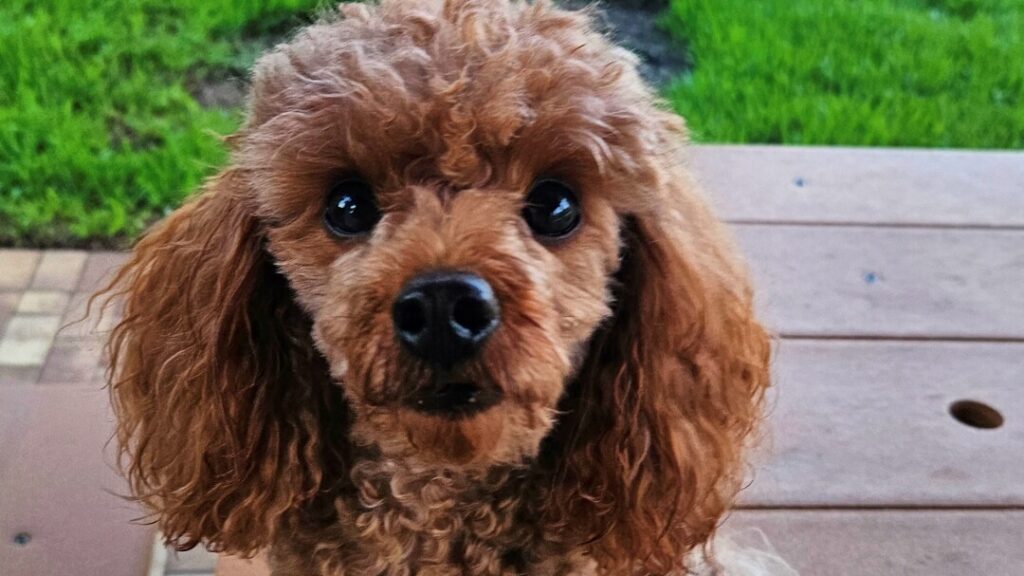
The Importance of Grooming, Health, and Diet for Mini Poodles
Owning a mini poodle is a delightful experience, but it also comes with responsibilities. Regular grooming, maintaining good health, and providing a balanced diet are crucial aspects of poodle care.
These practices not only enhance the appearance of your poodle but also ensure they live a long, healthy, and happy life.
In this blog, we’ll cover various grooming routines, common health issues, and dietary needs specific to mini poodles. By the end, you’ll have a comprehensive understanding of how to keep your mini poodle in top form.
Mini Poodle Grooming Guide
Grooming your mini poodle involves more than just brushing their coat. It’s about maintaining their overall hygiene and preventing any health issues. Here’s a detailed guide to help you establish an effective grooming routine.

Regular Brushing
Brushing your mini poodle’s coat is essential to prevent matting and tangling. Use a slicker brush or a comb specifically designed for poodles to gently detangle their fur. Aim to brush your poodle at least three times a week, but daily brushing is ideal.
Regular brushing not only keeps your poodle’s coat smooth and shiny but also helps in spotting any skin issues early. It also reduces shedding and keeps your home cleaner.
Bathing
Bathing your mini poodle should be done every three to six weeks, depending on their activity level and coat condition. Use a high-quality dog shampoo and conditioner to keep their coat clean and moisturized. Avoid human shampoos as they can be too harsh for your poodle’s skin.
Make sure to rinse thoroughly to remove all shampoo residue, as leftover product can irritate their skin. After bathing, dry their coat completely to prevent any fungal or bacterial infections.
Trimming
Regular trimming is essential to maintain your mini poodle’s iconic look. You can either learn to trim your poodle at home or take them to a professional groomer. Focus on trimming the hair around the eyes, ears, and paws to keep them clean and free from debris.
Don’t forget to trim their nails regularly to prevent discomfort and potential injuries. If you’re unsure about trimming your poodle’s nails, consult a vet or a professional groomer for guidance.
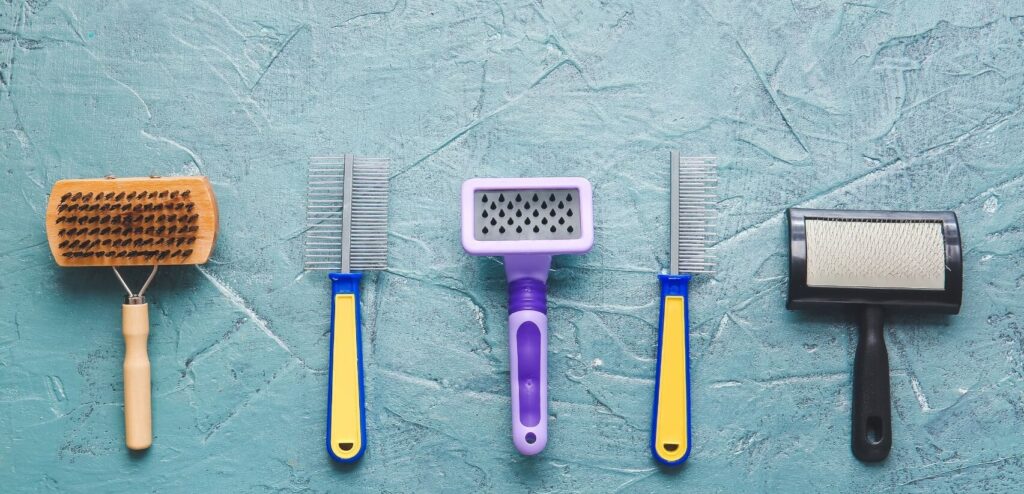
Recommended Grooming Tools
Investing in the right grooming tools can make a significant difference. Here are some essential tools for your mini poodle:
- Slicker brush or comb
- High-quality dog shampoo and conditioner
- Nail clippers or grinder
- Scissors for trimming around sensitive areas
- Ear cleaning solution
Using these tools will help you maintain your poodle’s grooming routine and ensure they always look their best.
Health and Wellness Checks
Mini poodles are generally healthy dogs, but like all breeds, they can be prone to certain health issues. Regular health checks and preventative care can help you spot any problems early and keep your poodle in good shape.
Dental Problems
Dental health is crucial for mini poodles, as they are prone to dental issues like tartar buildup and gum disease. Regular brushing of your poodle’s teeth can prevent these problems. Use a dog-specific toothbrush and toothpaste to clean their teeth at least three times a week.
Additionally, provide dental chews and toys to help keep their teeth clean and healthy. Regular dental check-ups with your vet are also essential to maintain good oral health.
Allergies and Skin Problems
Mini poodles can suffer from allergies and skin issues due to their sensitive skin. Common allergens include certain foods, environmental factors, and grooming products. Keep an eye out for signs of allergies such as itching, redness, and hair loss.
To manage allergies, ensure your poodle’s diet is free from common allergens and use hypoallergenic grooming products. Consult your vet for advice on allergy management and treatment options.
Joint Health
Joint health is vital for mini poodles, especially as they age. They can be prone to joint issues like hip dysplasia and arthritis. Regular exercise and maintaining a healthy weight can help prevent these problems.
Supplements like glucosamine and chondroitin can support joint health. Consult your vet before adding any supplements to your poodle’s diet to ensure they are appropriate for your pet.
Preventative Care Tips
Preventative care is key to keeping your mini poodle healthy. Here are some tips to follow:
- Regular vet check-ups
- Vaccinations and parasite control
- Monitoring weight and diet
- Regular exercise
- Mental stimulation through training and play
Following these tips will help you prevent common health issues and ensure your poodle lives a long, healthy life.
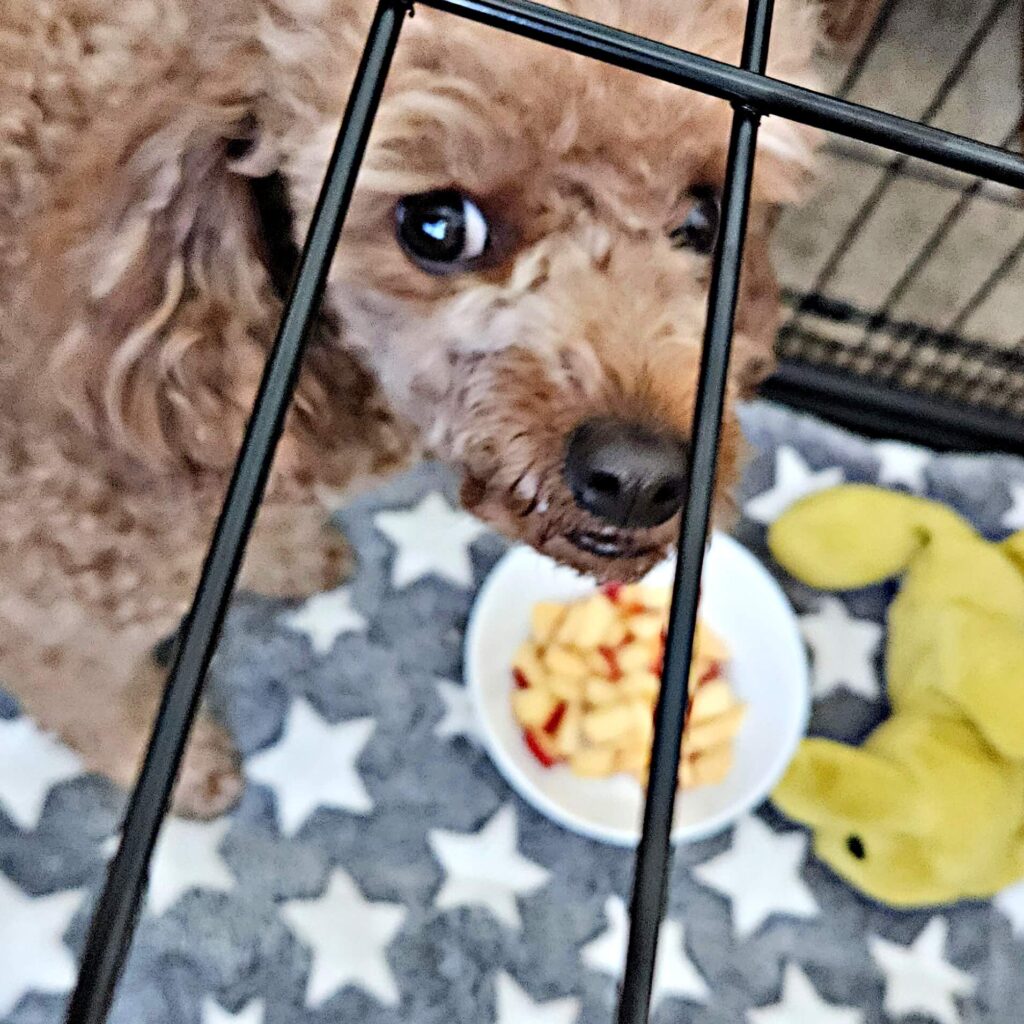
Nutritional Needs
A balanced diet is essential for your mini poodle’s overall health and well-being. Understanding their dietary requirements will help you choose the best foods and supplements to keep them thriving.
Best Foods for Mini Poodles
Mini poodles require high-quality, nutritious food to meet their energy needs. Choose a dog food that is specifically formulated for small breeds and contains high-quality proteins, healthy fats, and essential vitamins and minerals.
Avoid foods with artificial additives, fillers, and by-products. Opt for dog foods with whole ingredients like chicken, beef, fish, and vegetables. Wet food, dry kibble, or a combination of both can be suitable, depending on your poodle’s preferences and dietary needs.
Age-Specific Dietary Requirements
Your mini poodle’s nutritional needs will vary based on their age. Puppies require a diet rich in protein and calories to support their growth and development. Look for puppy-specific formulas that provide the necessary nutrients.
Adult mini poodles need a balanced diet to maintain their energy levels and overall health. Senior poodles may require a diet lower in calories and higher in fiber to support their aging bodies. Consult your vet for guidance on age-appropriate diets and portion sizes.
Supplements for Enhanced Health
Supplements can play a crucial role in your mini poodle’s diet. Here are some beneficial supplements to consider:
- Omega-3 fatty acids for skin and coat health
- Probiotics for digestive health
- Glucosamine and chondroitin for joint support
- Multivitamins for overall well-being
Always consult your vet before adding any supplements to your poodle’s diet to ensure they are safe and appropriate for your pet.
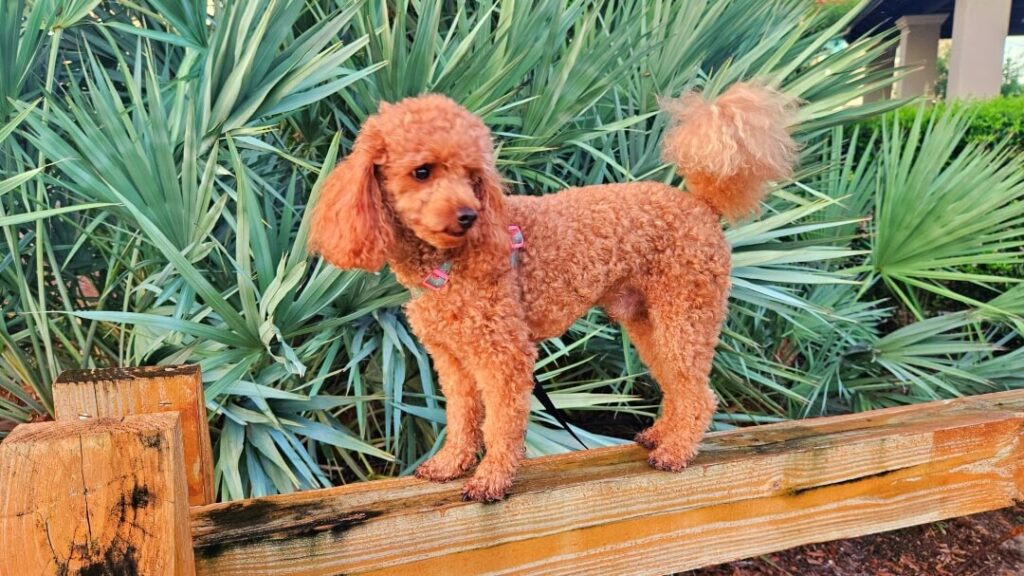
Caring for a mini poodle
Caring for a mini poodle involves a combination of regular grooming, maintaining good health, and providing a balanced diet. By following the tips and best practices outlined in this blog, you can ensure your poodle stays fluffy, healthy, and happy.
Remember, holistic care is essential for your mini poodle’s well-being. Integrate these tips into your daily routine and enjoy the companionship of your delightful, well-groomed, and healthy poodle.
If you need further assistance or personalized advice, consider booking a consultation with a professional groomer or vet. They can help you tailor a care routine that meets your poodle’s specific needs and ensures they live their best life.
